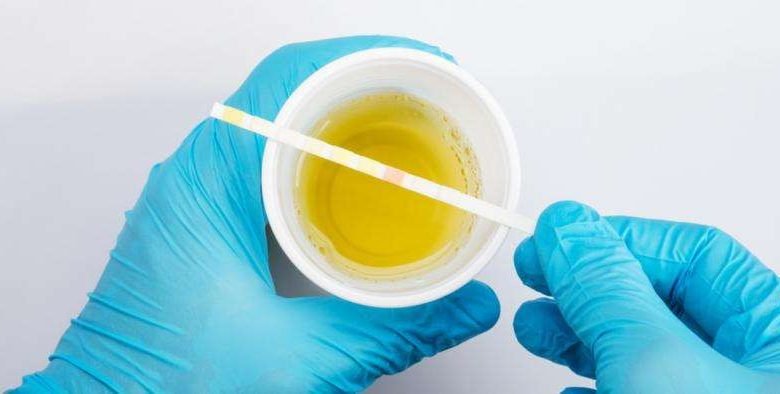What Can A Simple Urine Test Detect?

A urine test is also known as urinalysis. Conducted at a pathology lab in Greater Noida or any town/city across the globe, it helps to detect diabetes, kidney problems, STS, and urinary tract infections. Usually, it consists of the examination of the appearance, content, and concentration of urine. For instance, urine looks cloudy in spite of being clear when a person has urinary tract infections (UTIs). Increased protein levels in urine can indicate problems in the kidney.
Why does your doctor recommend you to have a urine test or urinalysis?
Urinalysis is a very common examination. Doctors recommend a urine test to:
- Know your overall health – Usually, a urine test is a part of a pregnancy check-up, routine medical examination, or pre-surgery preparation. It helps your healthcare service providers to be aware of your overall health condition.
- Diagnose a medical condition – Your doctor may recommend a urine test if you state symptoms like back pain, blood in your urine, stomachache, and painful/frequent urination. It facilitates your doctor to diagnose the root cause of such symptoms or signs.
- Monitor a medical condition in your body – Your doctor may request you to have urine tests regularly if you have been diagnosed with diseases like urinary tract infection or kidney.
How should you prepare yourself for urinalysis?
You can take your breakfast or lunch before the test if you are going for only a urine test. If you need to have other tests with urinalysis, you may need to take your meal. Your doctor will produce specific information for you if required. You should state what medicines or supplements you are talking to your doctor to let your results stay unaffected.
What can you expect before or during your urine test?
For urinalysis, you need to come to a pathology lab with your urine sample or produce a small in the given container in the lab’s washroom. Your doctor or healthcare service provider may ask you to collect the sample at your home in the morning, just after leaving your bed. It is, as your urine is more concentrated at that time. The expert may instruct you on how to collect the sample:
- Clean the opening of your genital organ. As a male, you have to wipe out the tip of your penis with tissue paper or a soft cloth piece. And as a female, you need to spread the labia and clean it from the front to the back.
- Urinate at the lab’s washroom or your home’s
- Place the collection container in the stream of your urine
- Collect at least 30 to 60 milliliter or 1-2 ounce urine in the container
- Complete your urination
- Deliver the sample to the representatives at the pathology lab
- Place the collection in the refrigerator if you can’t produce it to the lab representative within one hour of the urine collection.
Read More: https://blogscrolls.com/
Diseases a urine test can detect
Doctors suggest urinalysis as a part of pre-surgery preparation, pregnancy test, or a routine medical examination. However, a urine test can help you detect the following diseases:
- Kidney function – People with type 2 diabetes have a higher risk of kidney failure. Urinalysis helps you know whether your kidneys are functioning well or not.
- Urinary tract infections (UTIs) – Both males and females face UTIs at any stage in their life. Around 40% of females and 8% of males experience urinary tract infections. Common signs of UTIs are painful or frequent urination, burning or sensation while urinating, bad-smelling urine, or blood in the urine.
- High blood pressure – The test helps to know the presence of catecholamines in urine. Being confirmed in its presence, doctors determine what caused high blood pressure.
- STDs/STIs – A simple routine urine test can reveal whether you have sexually transmitted diseases/infections or not. And for the determination, it examines the presence of organisms that cause STDs like herpes, chlamydia, gonorrhea, and hepatitis.
- Cancer screening and diagnosis – With a routine urinalysis, you can detect the presence of cancer in your body at an early stage. It can help you detect three types of cancer – kidney, bladder, and ureter. The presence of the blood in your urine clearly indicates diseases like kidney stones, cancer, or UTIs.
Summary
Urinalysis or urine test is a common and preparatory test before moving to surgery or pregnancy test. Regular checkups can help you detect kidney issues, UTIs, STDs/STIs, cancer, and high blood pressure in their early stages. You should go through it well to get better and more accurate reports. Regular urinalysis will help you have a healthy life(pathology lab in greater noida).



